Description
“Sucheta Kripalani: A Biography of Her Vision and Ideas” by Ranjana Arora and Verinder Grover is a comprehensive exploration of the life and achievements of Sucheta Kripalani, an iconic figure in the Indian independence movement and a trailblazer in Indian politics. This biography delves deep into the personal and political journey of Sucheta Kripalani, shedding light on her vision, ideas, and the challenges she faced in her pursuit of social justice and women’s empowerment. Arora and Grover meticulously unravel the intricate layers of Kripalani’s life, presenting a compelling narrative that is both informative and inspiring.
In this book review, we will examine the key aspects of “Sucheta Kripalani: A Biography of Her Vision and Ideas” and evaluate its strengths, weaknesses, writing style, and overall impact. Additionally, we will explore the reception of the book among readers and critics, highlighting the notable feedback it has received. Finally, we will provide a verdict on the book’s merits and offer insights into its relevance and significance.
“Sucheta Kripalani: A Biography of Her Vision and Ideas” encapsulates the life story of Sucheta Kripalani, a remarkable woman who played a pivotal role in India’s struggle for independence and subsequently became a prominent political figure. The biography traces Kripalani’s journey from her early years as a freedom fighter alongside Mahatma Gandhi to her foray into active politics and her eventual rise as the first woman Chief Minister of Uttar Pradesh. Arora and Grover skillfully weave together historical accounts, personal anecdotes, and interviews to provide a comprehensive and engaging narrative of Kripalani’s life.
The authors delve into the nuances of Kripalani’s vision and ideas, exploring her commitment to social justice, communal harmony, and the empowerment of women. They highlight her instrumental role in establishing organizations such as the All India Women’s Conference and the Indian Cooperative Union, which aimed to address societal issues and uplift marginalized communities. The biography also sheds light on Kripalani’s political ideology, her struggles within the male-dominated realm of Indian politics, and her unwavering determination to bring about positive change.
“Sucheta Kripalani: A Biography of Her Vision and Ideas” presents a meticulous analysis of Kripalani’s life, making it a valuable resource for scholars, historians, and individuals interested in Indian politics and women’s empowerment. Arora and Grover’s extensive research is evident throughout the book, with an abundance of primary and secondary sources supporting their claims and providing a well-rounded perspective on Kripalani’s life and legacy.
The biography effectively captures the complexities of Kripalani’s character, offering insights into her strengths, weaknesses, and the challenges she faced. The authors present a balanced portrayal, acknowledging both her achievements and her limitations. They provide an in-depth exploration of the societal and political context in which Kripalani operated, offering readers a deeper understanding of the constraints she encountered and the strategies she employed to overcome them.
In comparison to other biographies of Indian political leaders, “Sucheta Kripalani: A Biography of Her Vision and Ideas” stands out for its nuanced portrayal of its subject. The book explores Kripalani’s life beyond her role as a freedom fighter and politician, delving into her personal relationships, struggles, and triumphs. This comprehensive approach sets it apart from other biographies that often focus solely on the political achievements of their subjects.
Furthermore, the biography provides valuable insights into the contributions of women leaders during India’s independence movement and post-independence era. By centering the narrative around Kripalani, Arora and Grover shed light on the significant but often overlooked role played by women in shaping India’s political landscape. This comparative perspective adds a unique dimension to the book and offers readers a fresh and compelling account of Indian political history.
“Sucheta Kripalani: A Biography of Her Vision and Ideas” explores several key themes and interpretations throughout its pages. One prominent theme is the transformative power of determination and resilience. Kripalani’s journey is marked by numerous obstacles and setbacks, but her unwavering commitment to her ideals and the welfare of the marginalized enabled her to surmount these challenges and leave an indelible mark on Indian politics.
Another theme that emerges from the biography is the interplay between personal and political spheres. Arora and Grover illuminate the ways in which Kripalani’s personal experiences and relationships influenced her political decisions and shaped her vision for a more equitable society. This exploration adds depth and richness to the narrative, showcasing the intricacies of Kripalani’s character and the complexity of her motivations.
The authors’ meticulous attention to detail extends to their portrayal of the various individuals who shaped Kripalani’s life. From her close associates like Mahatma Gandhi and Jawaharlal Nehru to her family members and political adversaries, Arora and Grover paint a vivid picture of the people who influenced Kripalani and the impact she had on their lives. This multi-dimensional approach to characterization brings depth and authenticity to the narrative, allowing readers to understand the complexities of Kripalani’s relationships and the broader political landscape in which she operated.
About the Author:
Ranjana Arora and Verinder Grover, the co-authors of “Sucheta Kripalani: A Biography of Her Vision and Ideas,” are renowned scholars and historians with expertise in Indian politics and women’s studies. Arora has previously published several works on the contributions of women in Indian history, while Grover has authored numerous books on Indian politics and society. Their collective knowledge and research acumen are evident in the thoroughness and depth of their exploration of Sucheta Kripalani’s life and ideas.
Arora and Grover’s writing style in “Sucheta Kripalani: A Biography of Her Vision and Ideas” is engaging, scholarly, and accessible. They strike a balance between presenting factual information and crafting a compelling narrative, making the biography an enjoyable read for both academic and general audiences. The authors’ attention to detail and their ability to seamlessly weave together historical accounts, personal anecdotes, and interviews create a cohesive and well-rounded narrative that brings Kripalani’s story to life.
What People Say About This Book:
“Sucheta Kripalani: A Biography of Her Vision and Ideas” has garnered significant praise from both readers and critics. Many commend the authors for their meticulous research, balanced portrayal of Kripalani, and their exploration of the intersectionality of gender, politics, and social justice. Readers appreciate the insightful analysis and the way in which the book provides a comprehensive understanding of Kripalani’s life and contributions to Indian politics. Overall, the book has been hailed as a valuable addition to the literature on Indian political history and a testament to the indomitable spirit of women leaders.
- Meticulous research and extensive use of primary and secondary sources.
- Balanced and nuanced portrayal of Sucheta Kripalani.
- Exploration of the contributions of women in Indian politics.
- Engaging writing style that appeals to both academic and general readers.
- Comprehensive analysis of the societal and political context of Kripalani’s life.


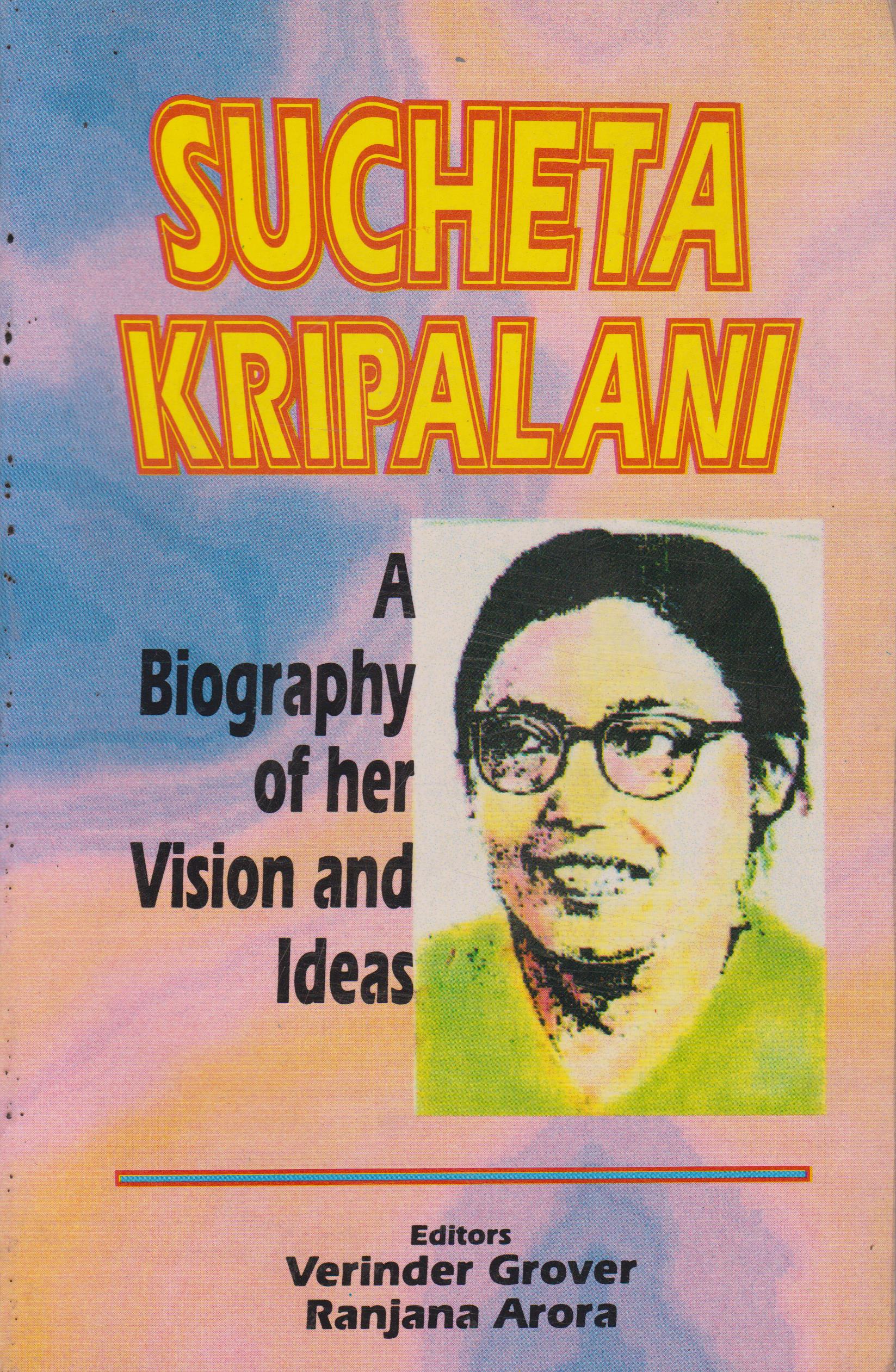

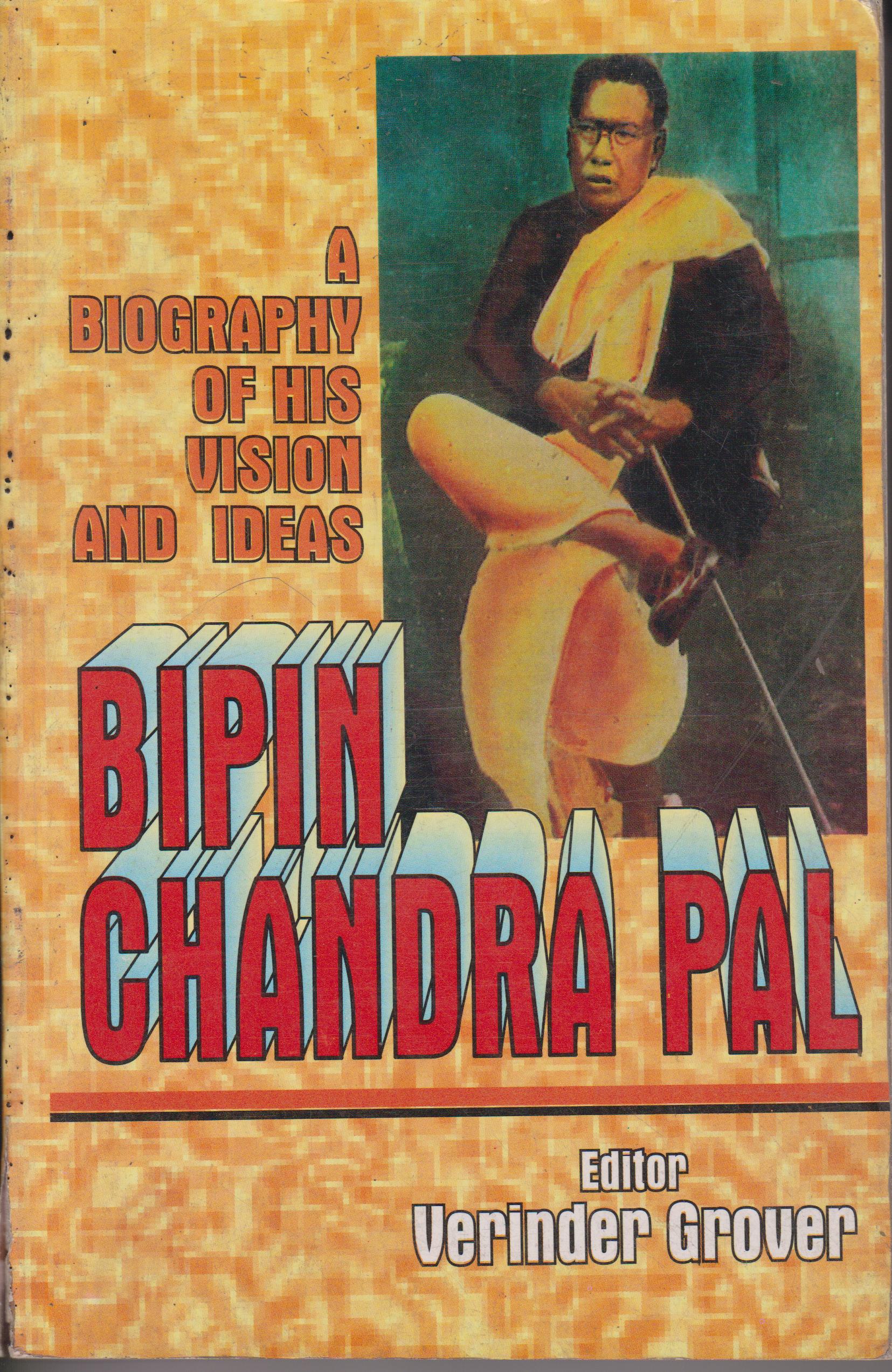
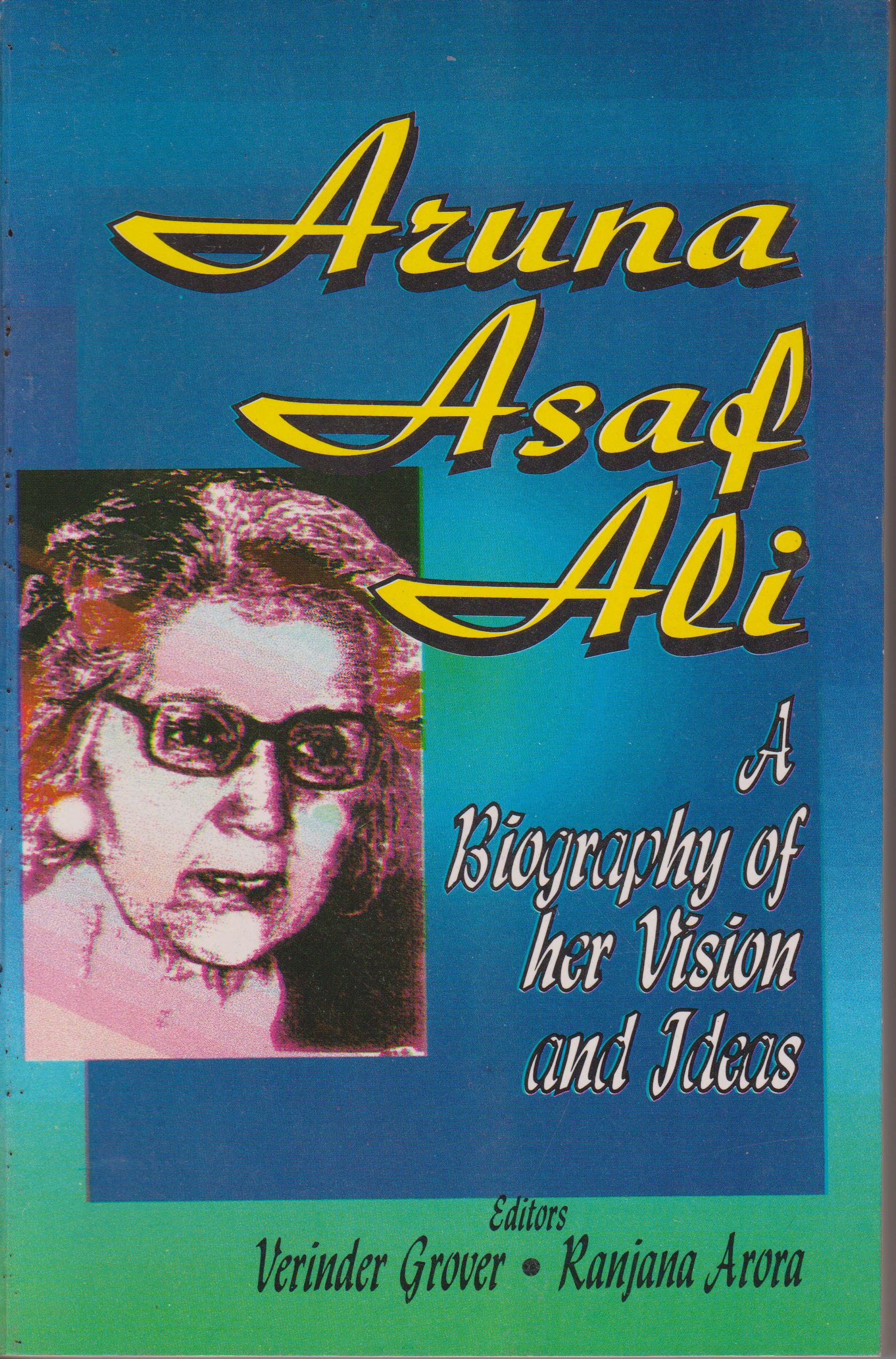
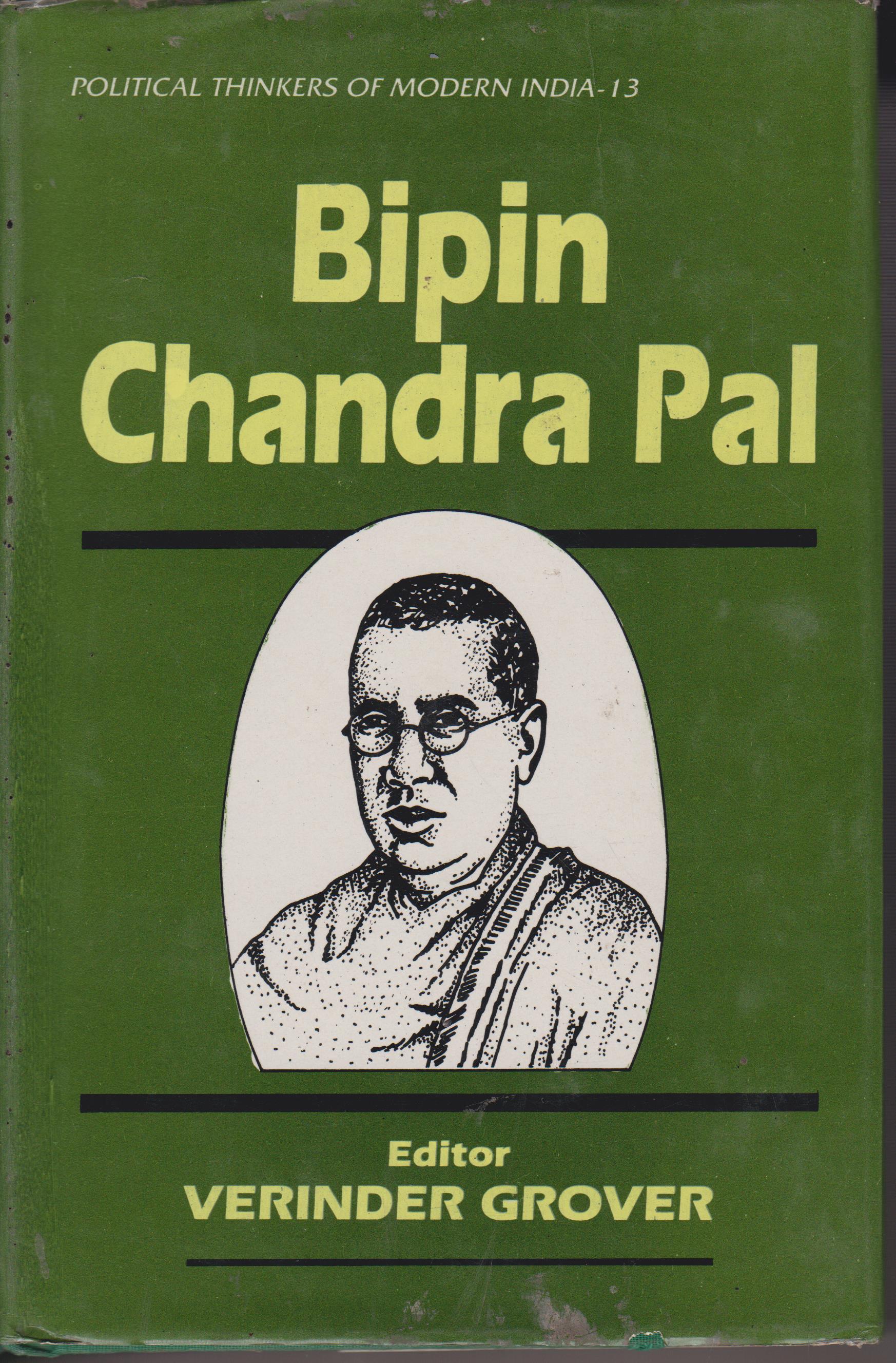
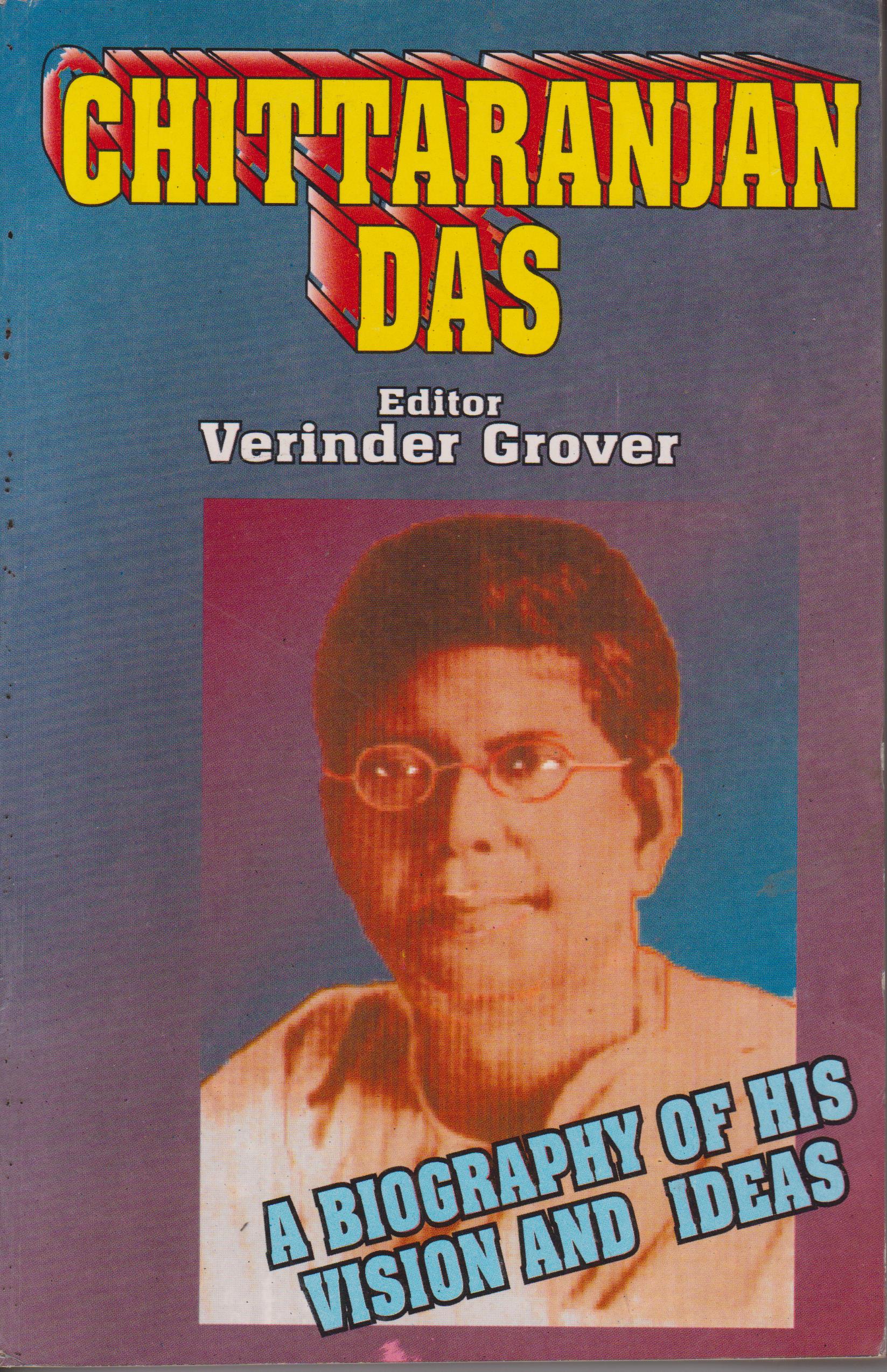
Reviews
There are no reviews yet.